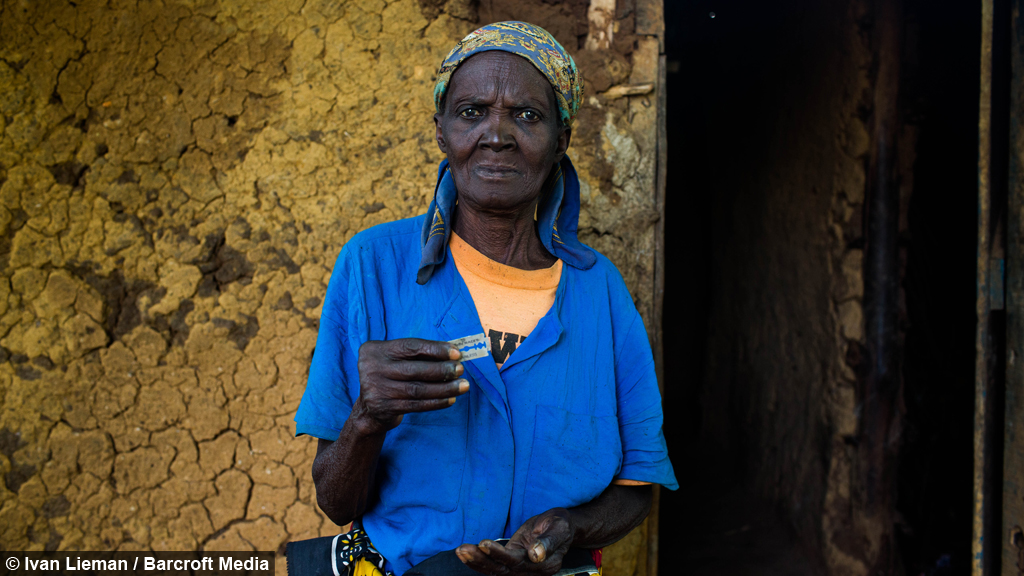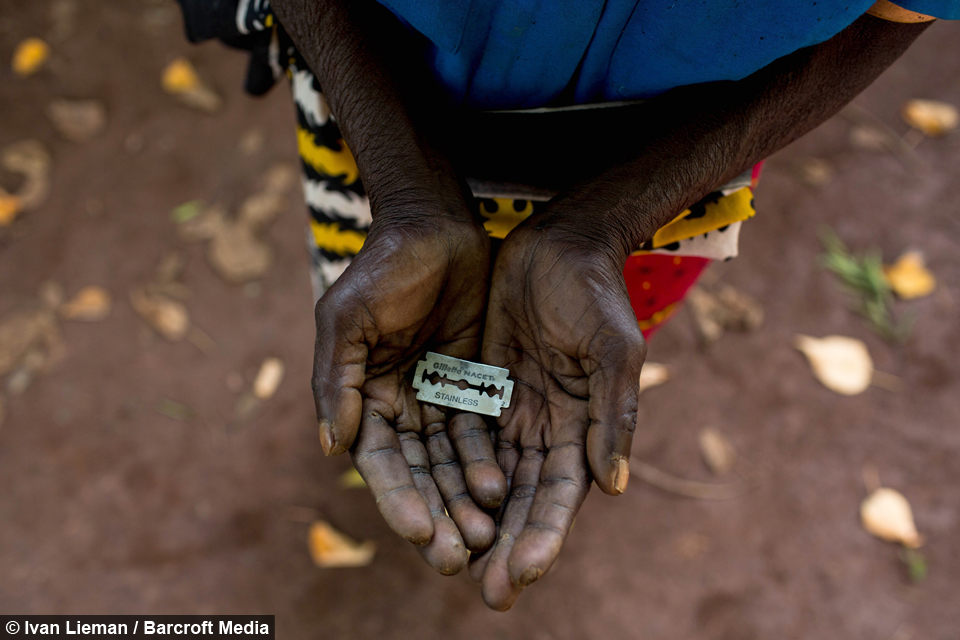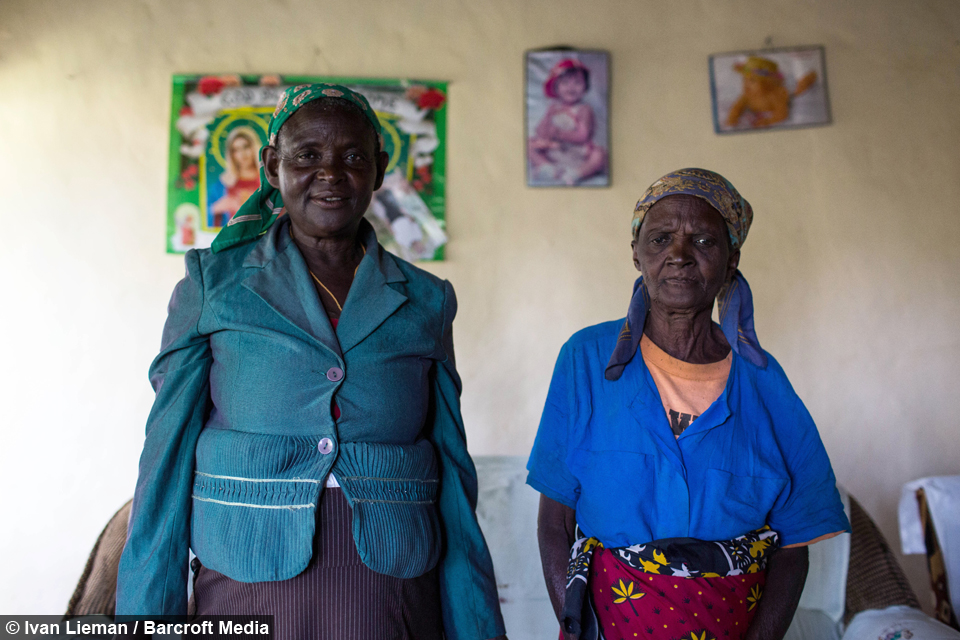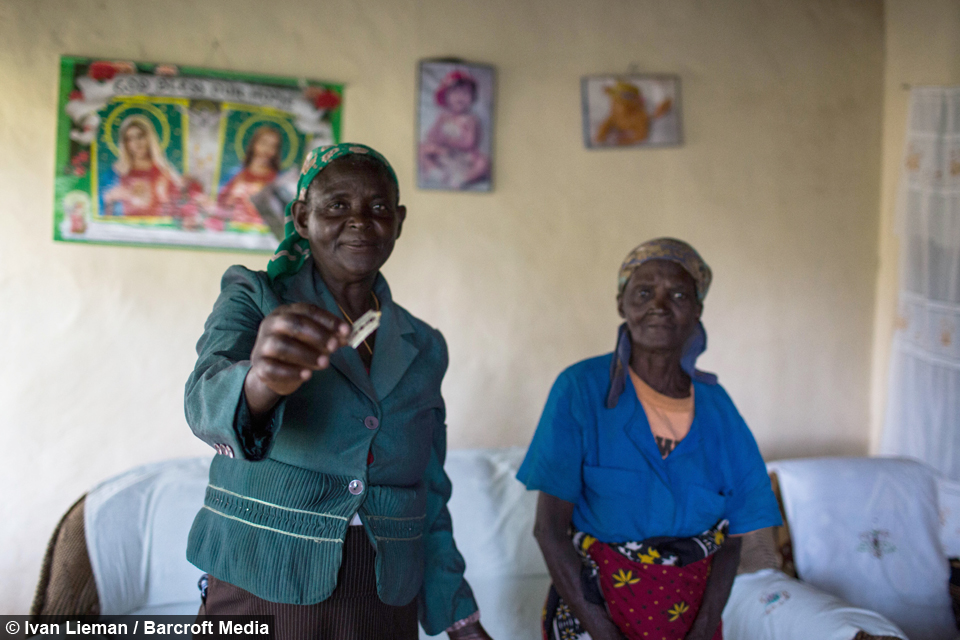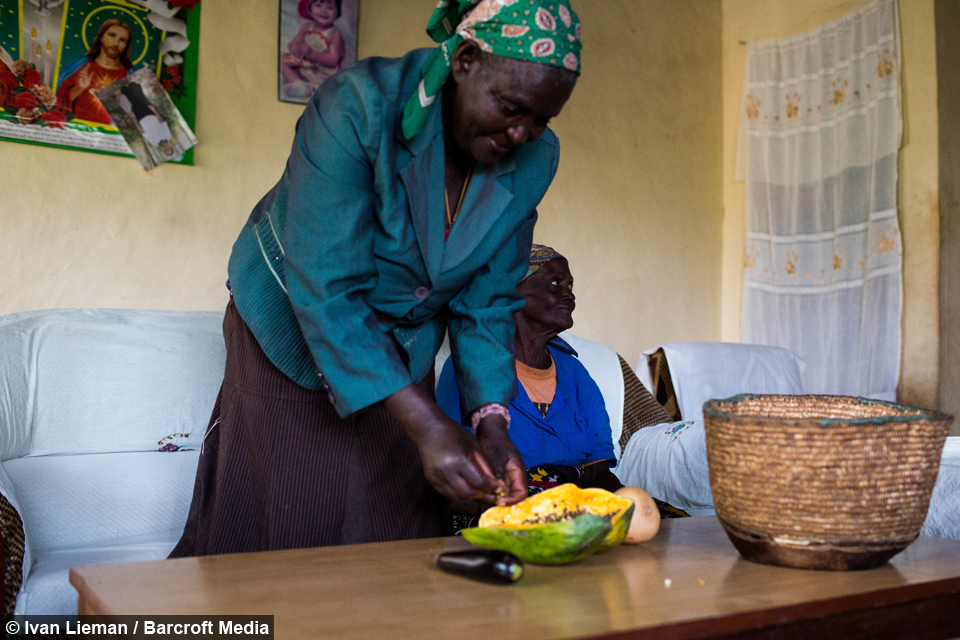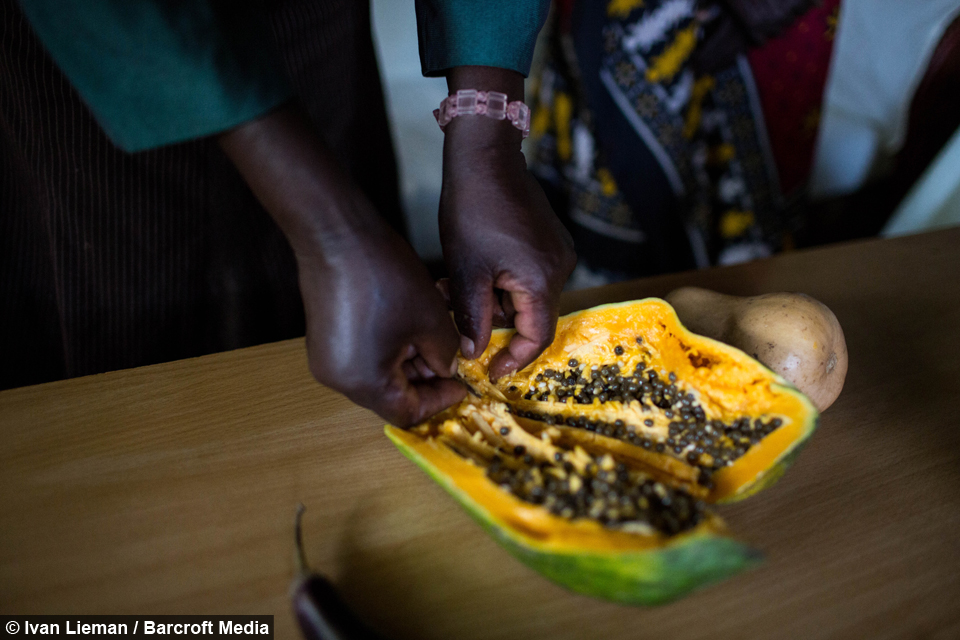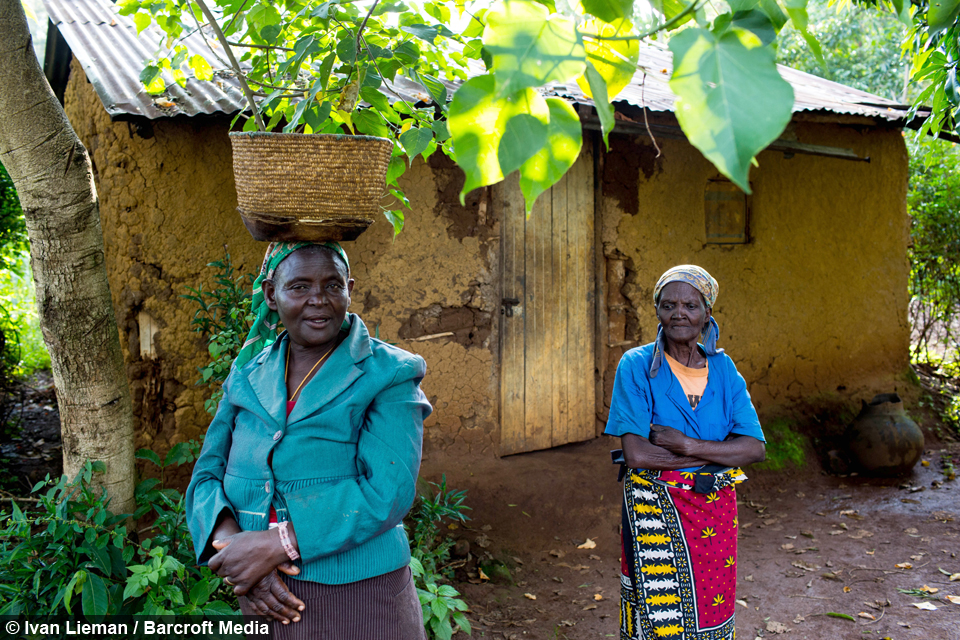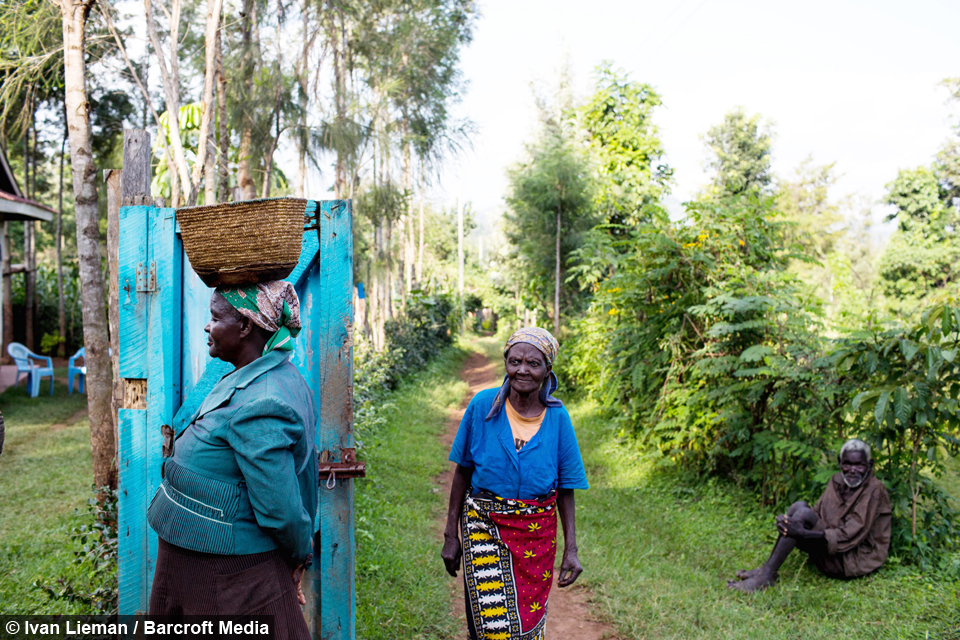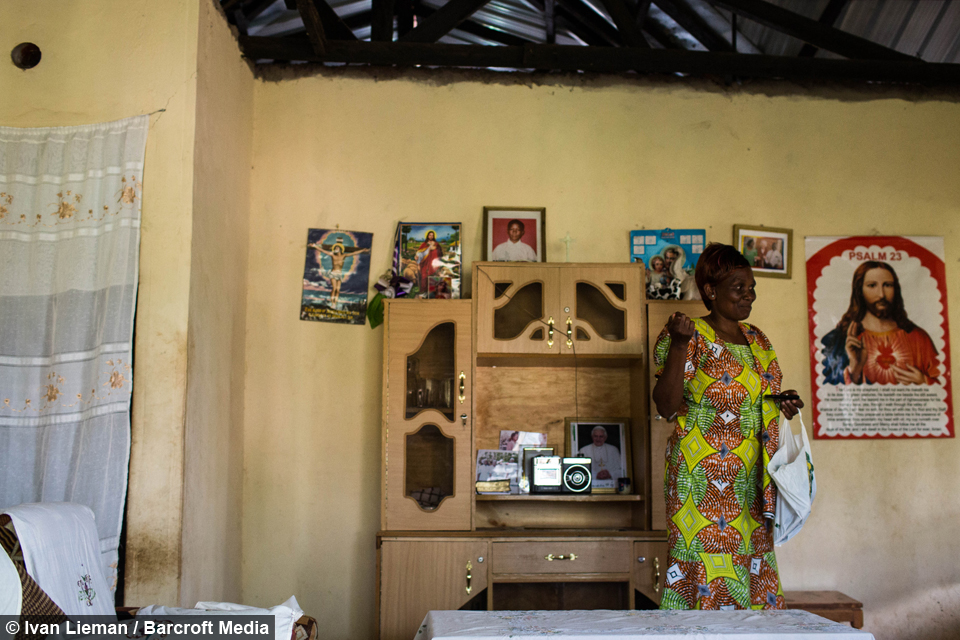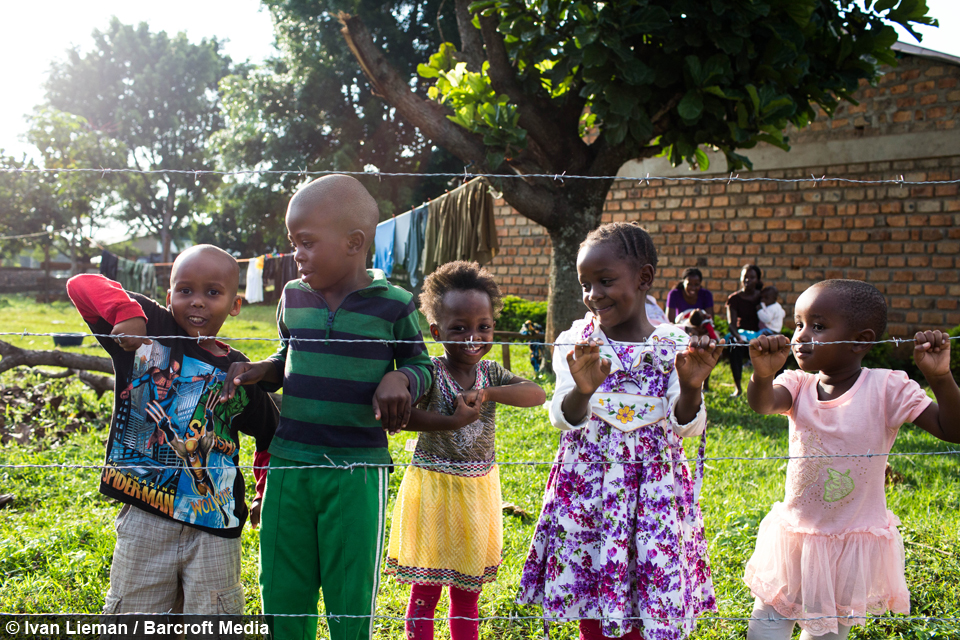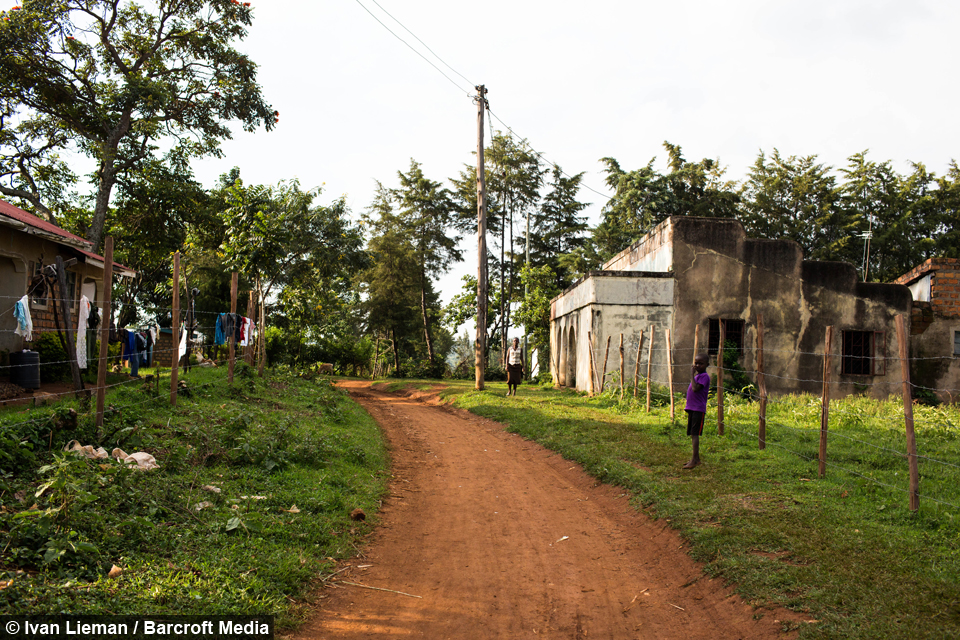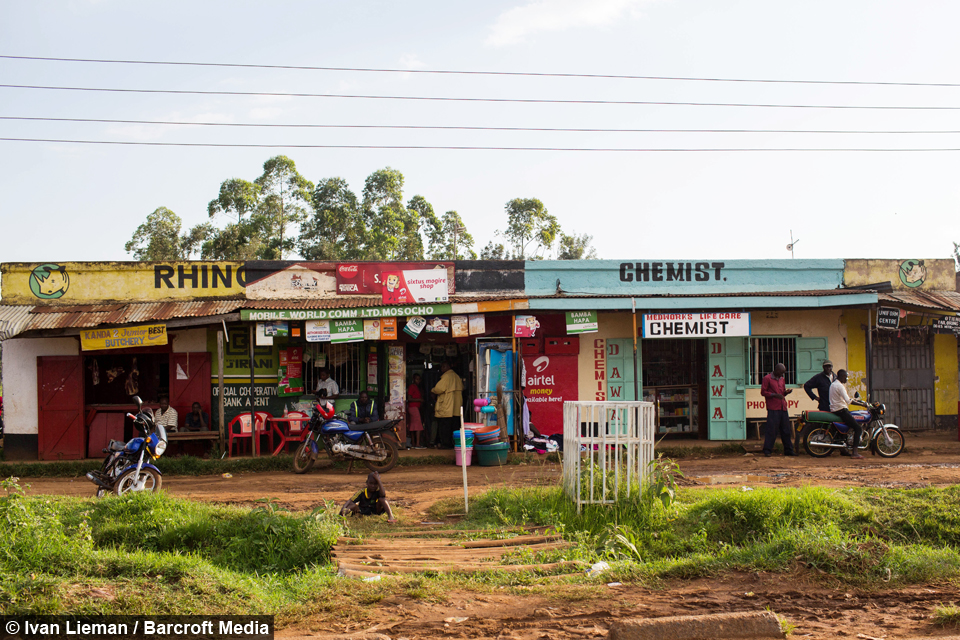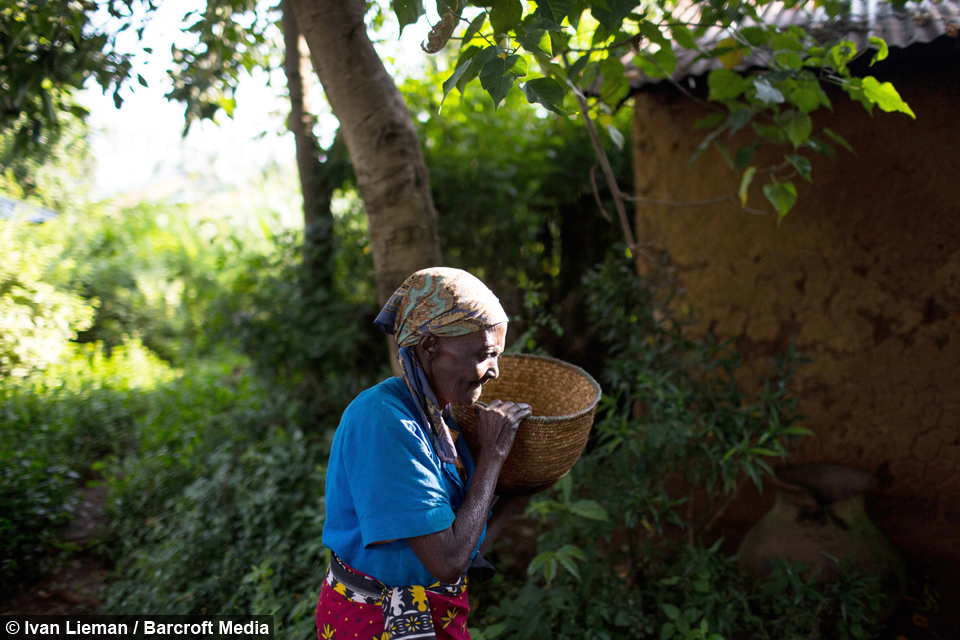“When You Are Cut You Will Not Be A Slut": FGM Cutters In Kenya
By Rebecca Lewis @RebeccaSLewis
Scroll down for the full story
The cruel practice of female genital mutilation (FGM) is illegal in the UK and in dozens of countries in Africa.
But in remote Kenyan villages and communities far from the capital, Nairobi, the practice is very much alive and well.
In barbaric rituals sharp razorblades are not disinfected before they are used to sever girls' genitals.
The young girls, who can range in age from infancy to fifteen, are given no painkillers and often forced down by their mother and aunts.
One cutter, who first started practising FGM 70 years ago with a sharpened six-inch nail, is Anna-Moora Ndege.
The half-blind 86-year-old said: “Girls are cut to ensure they remain faithful because the sexual organ is not there anymore.
“When you are cut you will not be a slut looking for men here and there like a prostitute.
'You are docile, waiting for your husband because after you are cut, sex is for having children not for anything else.”
Every summer tens of thousands of girls living in Europe and America, including dozens of girls in schools in the UK, are brought to the African continent for the cruel cut.
They will add to the 140,000 women and girls who are living in the UK who have survived the horrific procedure.
The girls are mutiliated in the misguided and antiquated belief that FGM will prevent promiscuity and raise the value of the girl in the community.
There is no religious basis for FGM and it is practised among Muslims, Christians and tribal communities.
And women with no medical expertise carry out the mutilation, including Kenya where these pictures were taken.
Agnes Kerubo, a cutter who learned the practise from her mother and grandmother at the tender of age of twelve, earns £13 (2,000 Kenyan Shillings) for the procedure.
She said: “We use a sharp instrument like a knife or a razor blade. I put millet flour over the organs so that is not slippery so I can hold it. And the flour helps to stop the bleeding."
After the clitoris is removed it is dumped on the ground to be carried away by Safari ants.
There are three different types of FGM which range from the partial removal of external genitilia to the total excision and stitching of the female organs.
In the most extreme scenario the girl’s genitilia is stitched together leaving just a matchstick sized hole.
The effects of the brutality can last for decades.
Urinating, periods and sex – where some women who have undergone the most extreme form need to be cut open - can be excruciating and can lead to bleeding and even death.
Sensationally, Dixion Kibagendia, a well-respected leader of Kenya’s Kisi tribe claimed FGM prevented promiscuity, cancer and even stopped women ‘becoming lesbians’.
He said: “Uncut girls [women who have not been subjected to FGM] cannot distinguish between their husbands and other men. They cannot control their emotions if they have a clitoris.
“Men who marry women who are cut are always satisfied sexually. They are not worried that their wives will be unfaithful, become sluts, when they leave the house.”
“Girls don't have the idea for sex all the time after they have been circumcised. They are very loyal to their husbands and most of them do not get aroused easily.
"They are less likely to contract sexually transmitted diseases and they don't become lesbians. Women who have been cut are not exposed to cancer because the clitoris is the part of the body that causes cancer.”
Scores of girls will be taken to the African continent to undergo the horrific procedure during the school holidays.
Prime Minister David Cameron has ordered ministers to rush through laws to crack down on the practice before the summer.
